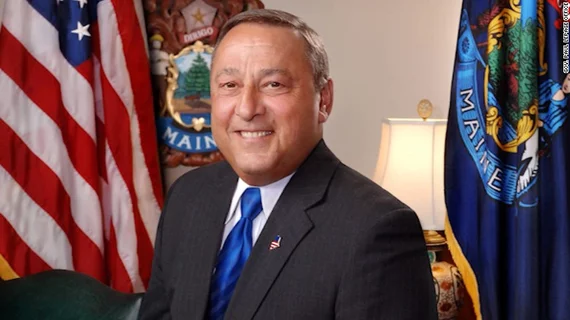Maine ordered by judge to expand Medicaid
Fifty-nine percent of Maine voters approved a ballot referendum last year to expand Medicaid eligibility in the state. After Republican Gov. Paul LePage repeatedly refused to implement it, a judge ruled Monday LePage's administration has to obey voters’ wishes and submit its expansion plan to CMS.
Maine Superior Court Justice Michaela Murphy issued a 13-page ruling rejecting the argument that the Maine Department of Health and Human Services couldn’t implement a law that hasn’t been funded by state lawmakers and citing the department’s “complete failure to act” on the requirement to submit an expansion plan to federal regulators.
“The court is not persuaded that the executive branch is excused from clear statutory obligations by the legislature’s failure to follow through with legislative obligations—as defined by the executive branch,” Murphy wrote. “The commissioner has not cited to any authority suggesting that an agency can be considered to have substantially complied with a directory statute by taking no action at all.”
Under the ruling, Maine’s HHS now has until June 11 to submit a state plan amendment to CMS.
The lawsuit was filed after LePage’s administration had missed an April 3 deadline to submit its expansion plan. A spokesperson for LePage said the governor is reviewing the decision, but one of the plaintiffs, Maine Equal Justice Partners, declared victory after the ruling was issued.
“The governor cannot ignore the law,” Robyn Merrill, executive director for MEJP, said in a statement. “Maine voters did not make a request at the ballot, they passed a law, and laws are not optional. Today’s ruling is good news for more than 70,000 Mainers who the law says can sign up for healthcare on July 2.”
Maine was the first state to have Medicaid expansion approved directly by voters. Utah will have a similar referendum on its ballot in November. Two other states, Idaho and Nebraska, also have active efforts for ballot initiatives this year but the measures haven’t yet been certified.

